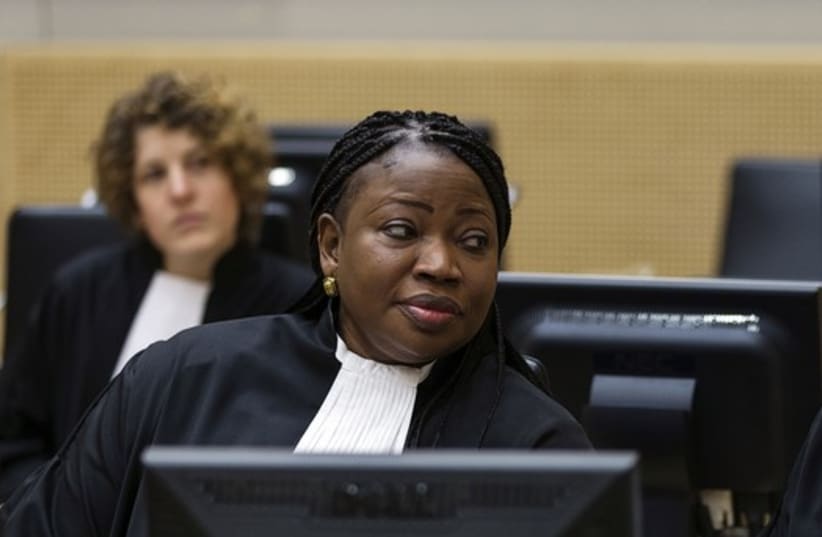Israel has support in its war crimes debate with ICC - analysis
In 2018, the ICC Chief Prosecutor issued a report which seemed to signal that the ICC was close to a decision on whether to investigate allegations of war crimes in the Israeli-Palestinian conflict.
